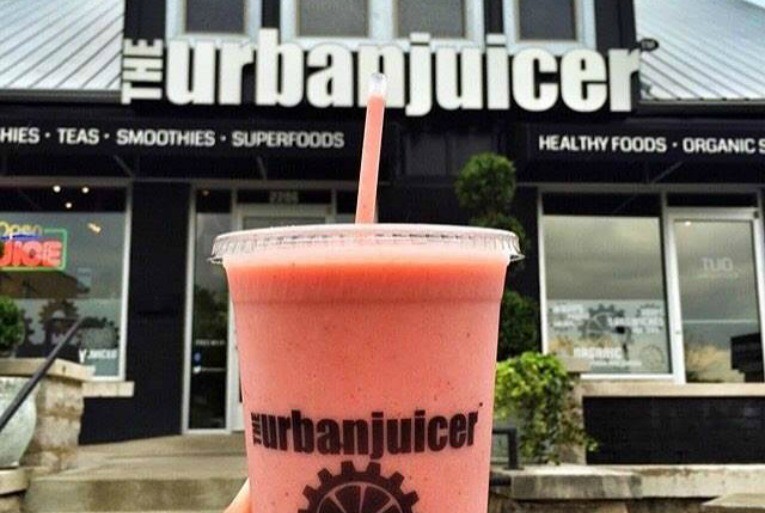These are the most recent inspection scores for places to eat in the Westhaven Neighborhood.
| Restaurant | Address | Inspection Date | Score / Follow Up |
|---|---|---|---|
| Chef Beanie | 100 Front Street | October 4, 2016 | 100 / NA |
| Ching Asian Bistro | 188 Front Street | February 23, 2017 | 100 / NA |
| High Brow Cofee & Tea | 188 Front Street STE 102 | January 10, 2018 | 100 / NA |
| Oscar's Taco Shop | 188 Front Street STE 114 | March 6, 2018 | 100 / NA |
| Scout's Pub | 158 Front Street, #120 | October 1, 2017 | 100 / NA |
| The Perch | 150 Front Street | May 8, 2017 | 100 / NA |
| Urban Juicer | 158 Front Street Suite 100 | January 24, 2017 | 100 / NA |
| Urban Juicer Bar | 158 Front Street Suite 100 | January 24, 2017 | 100 / NA |
Here are the scores, according to the health department’s latest available information.
Inspections are once every six months, once between January 1 and June 30 and once between July 1 and December 31 of each year. Quick note: A business needs to have a score of 90 to be considered “passing.” If inspectors give a place a score below 90, they will give the business a chance to pass in a re-inspection shortly afterward. To stay open- and serving food at all- the place must make at least a 90 in the follow-up. So it might help to think of these scores as on a scale not out of 100 but out of 10, from 91-100. That is not exactly correct because a 90 is still a 90, but a 90 is the lowest score a place can have that is considered in the industry to be passing.
Info: There are two types of violations- critical and non-critical. According to the Tennessee Department of Health website:
“Critical Violations: Violations of the Food Regulations, which, if left uncorrected, are more likely than other violations to directly contribute to food contamination or illness. Examples of critical violations include poor temperature control of food, improper cooking, cooling, refrigeration, or reheating temperatures.
“Non-Critical Violations: Violations not directly related to the cause of food-borne illness, but if uncorrected, could impede the operation of the restaurant. The likelihood of food-borne illness in these cases is very low. Non-Critical violations, if left uncorrected, could lead to Critical violations. Examples of non-critical violations include a lack of facility cleanliness and maintenance.”

















